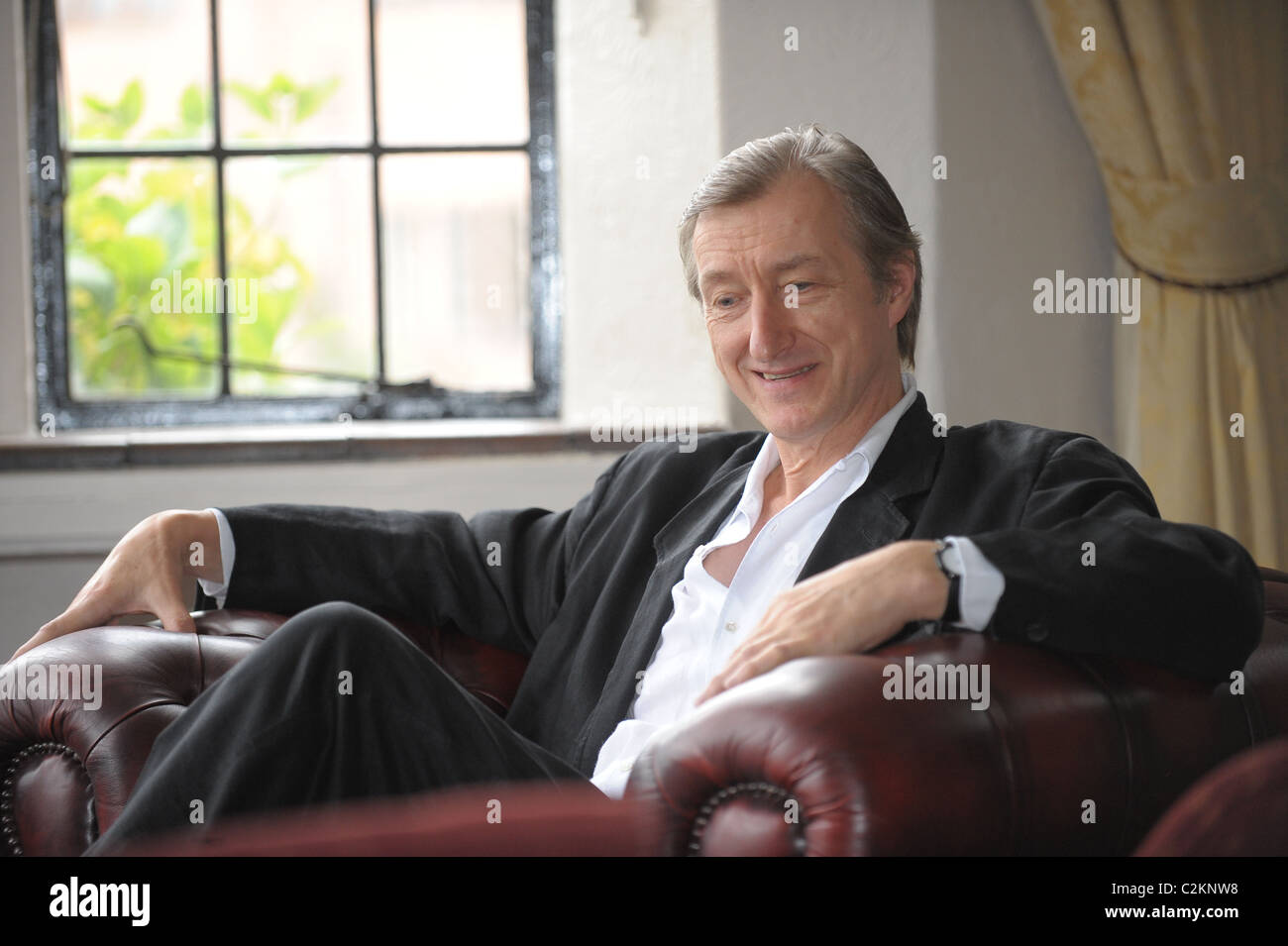

An author can decree that his character should be tall, hunchbacked, sallow-skinned, or whatever, but he cannot decree him or her to be fascinating. His teacher, Elizabeth Finch, was a woman whom the narrator (and author) wants us to find mysterious, admirable, and fascinating but, as many an author has found, it is harder to make a good character fascinating than a bad one. The narrator of his latest novel is a middle-class man of indeterminate profession and limited success who has had a complex personal life and who, in his thirties, now thirty years ago, pursued an adult-education course, presumably because he felt undereducated. His sentences are beautifully crafted, though I sometimes suspect that the parts of his books are greater than their wholes. He is a fastidious writer whose prose is always a pleasure to read. Then I think about what meaning would have changed, to me and in a given context, and I understand what other associations I'm making.Julian Barnes is the most famous contemporary English novelist-in France, where he is enormously admired. I like to approach these things by imagining how I would have written it myself. A passage like this is meant to provoke curiosity each word adds meaning, including your own.īecause of your readings, I realised after your last post that you might have been checking word usage, but your question was so insightful that I didn't realise I apologise if my answer to it was a bit inappropriate! I would say that you have read the phrase perfectly here, though. I think that, when you post oddities in the book here, you're correctly identifying mystique, and so you're asking great questions :) The language of the book is ambiguous in order to allow for all kinds of meaning, including contradictions. The sentence, by itself, doesn't actually mention 'love', so, taken as worded, it allows for much more, including other pursuits. Many historians are fascinated by most of history, but expertise (and a professorship) means focusing on one small subject rather than everything else. If you go into an academic specialty, you rarely have time for much else. Which lines up with the very academic 'specialised'. EF pursued only unattainable and undesirable, but never both at the same time.EF pursued the unattainable, or the undesirable, it isn't clear which.But, yes, 'either the unattainable or undesirable' is very pointed, since it suggests that: So, EF's meaning is unclear and more about connotations. The meaning he suggests directly links back to 'narrative'. The narrator says, yes, this might just be EF being private about her love life, but he thinks it's suggestive of something more important. This is an example of her telling you what she thinks about her life, but not what events led her to conclude that. She’d give you the conclusion but not the narrative.


 0 kommentar(er)
0 kommentar(er)
